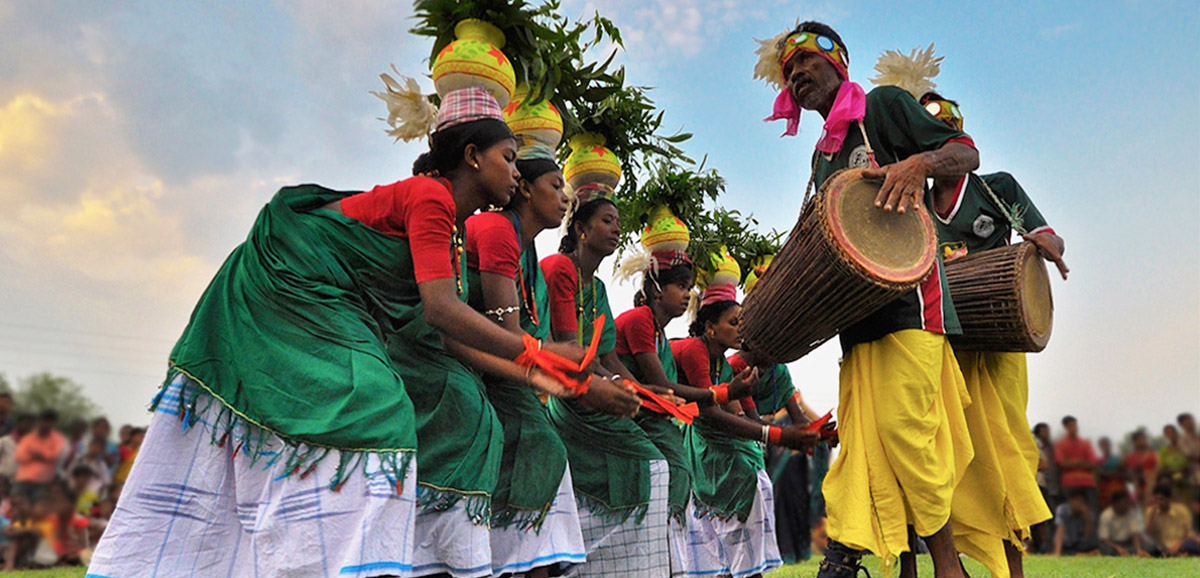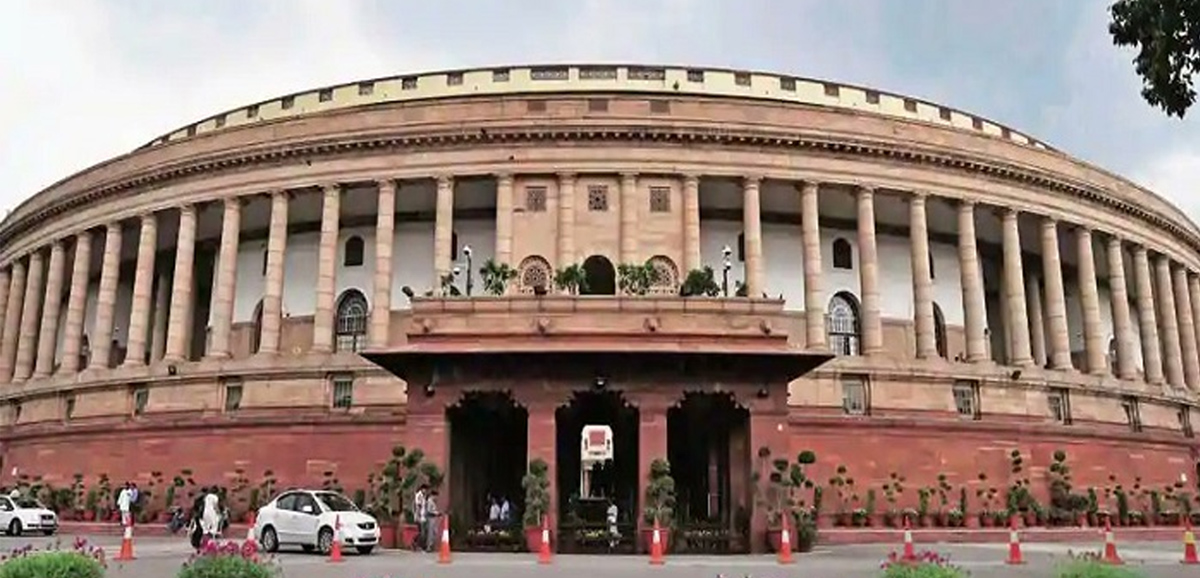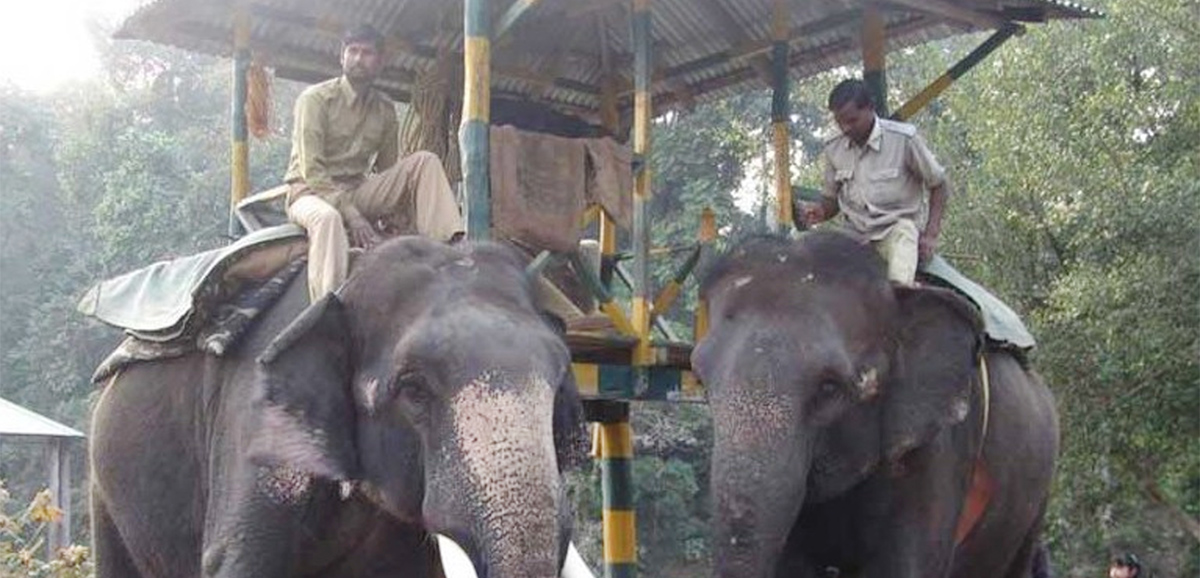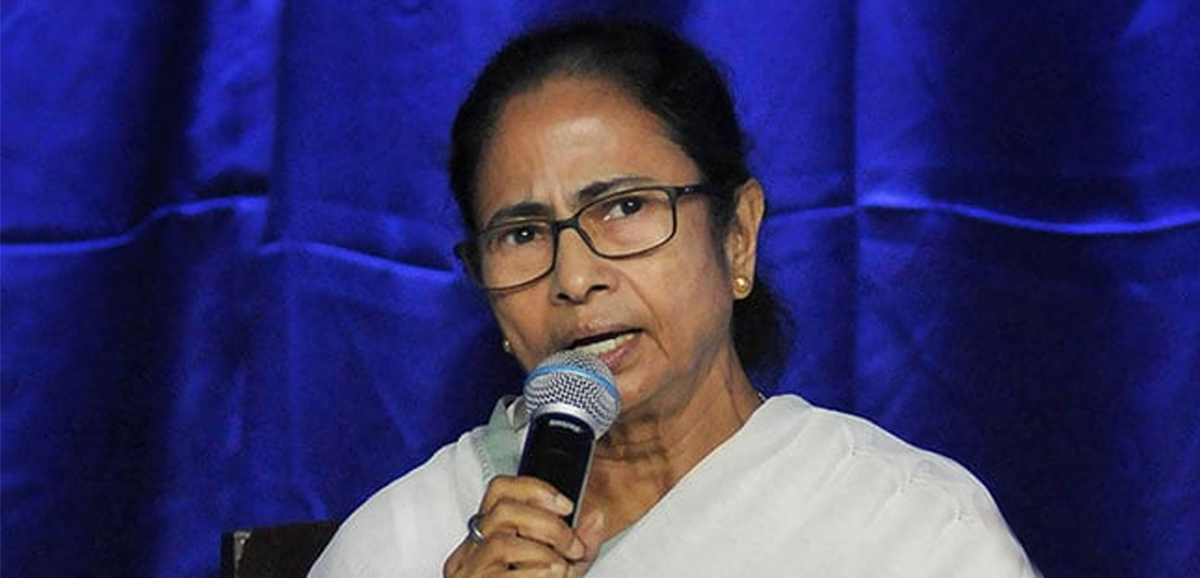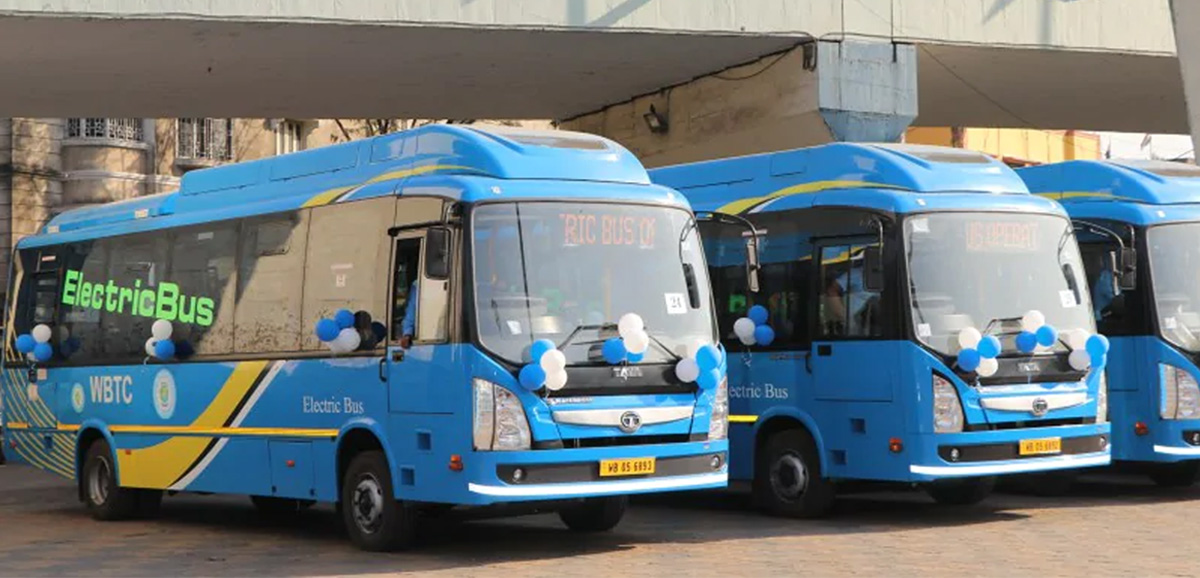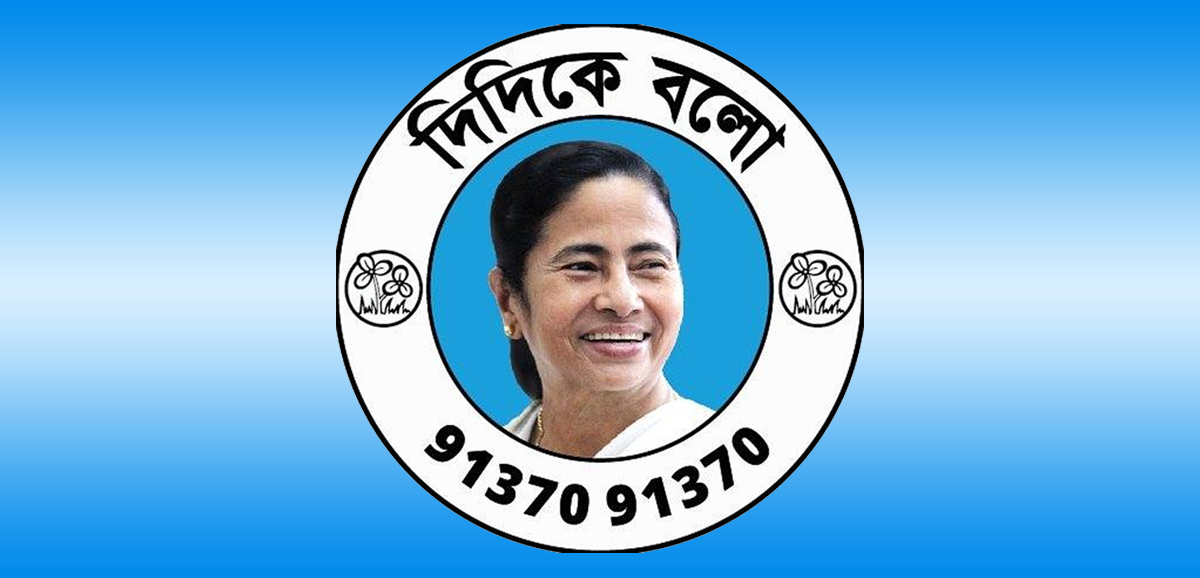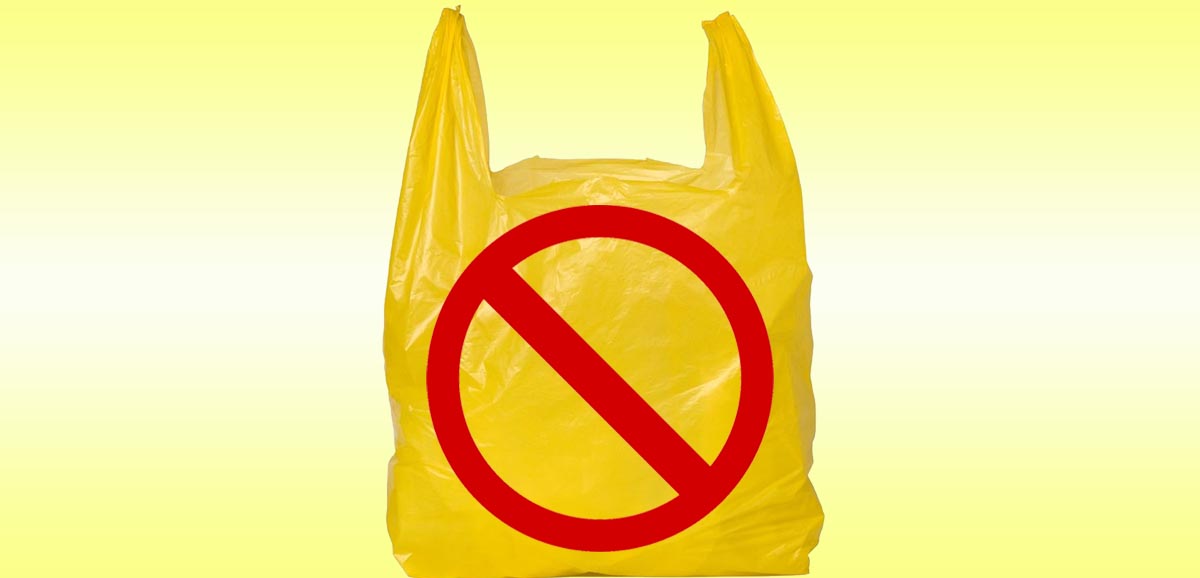Chief Minister Mamata Banerjee led a padayatra ON Thursday with slogans of saving the environment. From Birla Planetarium to Nazrul Mancha, thousands of concerned people marched with her to draw attention and spread awareness about the urgent need to adopt measures that would save the State, the country and the planet’s future.
Some excerpts from her speech at Nazrul Mancha:
I welcome all those who walked with us for so long for saving the environment. I am happy to announce that the environment department has set up six dedicated units for the protection of the environment.
After talks with the KMC, the Government will be providing electric ovens to stall owners and hawkers who are using coal ovens over the next one year. I hope they will cooperate with us in this venture.
Pollution and environment degradation are worse fears today than wars. If we do not save water and electricity today, we will not be able to save the planet tomorrow.
Trees are our friends, they cannot be destroyed. In Bhutan, they build houses in the valleys, not on the mountainside so that trees and greenery is conserved.
The monsoon this year has not come on time. Late monsoon usually implies the possibility of floods. The more there is pollution, there more there are natural calamities.
Noise pollution too is a problem. VIPs in Kolkata do not use hooters, and I feel that ambulances should control the use of theirs. Sirens and hooters should not be misused.
If everyone plants a tree, then Bangla and its future will be richer by 10 crore trees. Chennai had a drinking water problem a few days ago. People had to buy water at several places. There is no need to do so in Bangla, but everyone must see that water is not wasted.
Every year on July 12, we have started observing as “Save water, save life” and “Preserve water, reserve water” day. This is observed right up to the block level. Everyone must conserve clean water.
Draw up a plan for an awareness drive before the meeting with Puja Committees. Use festoons, leaflets, LED display boards for this.
Our dream is to create and ‘green and clean Bengal’. Aforestation of a total of 6.75 lakh bighas has been carried out in Bangla over the last eight years. More will be done in the coming days. Under the Sabujsree scheme, a sapling is given to the family of every child born. About 3 crore saplings have been distributed so far.
The ‘green and clean Bengal’ dream can be achieved if programmes like Save energy, save water, save power, save the environment, safe drive, save life are implemented properly.
‘Save green, grow green’ drive will be held every year on August 1 up to the block levels. It will be good if schools, colleges, universities and Puja committees observe this.
Wipro is coming back to Bangla. They will create a Silicon Valley over 50 acres, with 10,000 job openings. Microsoft will be setting up an e-commerce platform. Project Sangam and Project Rewave are two public interest projects wherein up to 6 lakh weavers will get an opportunity to market their products. This will start very soon in Nadia.
August 9 is Bharat Chharo Andolan Dibas, August 12 is Bakri Id, then there is Srabani Mela at Tarakeswar, followed by Independence Day on August 15 and Janmashtami on August 23… this month is full of occasions. So everyone must observe harmony, friendship and creativity for a better world.


